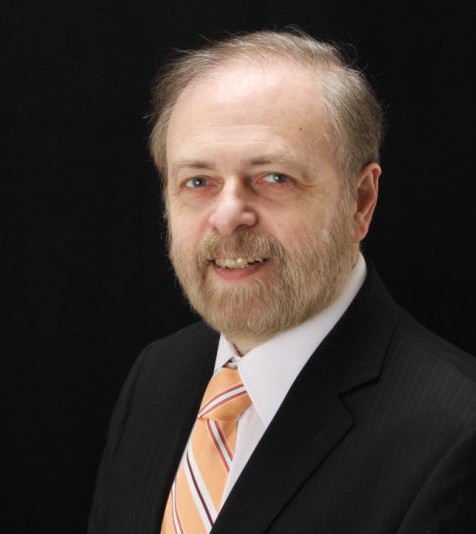By Rabbi Mordechai Levin
One Shabbat at my synagogue, a woman approached me after the service to tell me she would not be able to attend an upcoming class I would be teaching. “Sorry I will not be able to attend the class,” she said. “In a few words, could you please tell me the most important part of it?” I explained that because this one-hour class was really a summary of a complex issue, it would be impossible to summarize it in a meaningful way in only one minute.
I was reminded of this when I recently read an article written by Rabbi Donniel Hartman, in which he made a comment about Twitter. As you know, this is the social medium that permits users to transmit short messages no longer than 140 characters, and followers may track these messages. I have not tried Twitter yet, but those who use it say that it allows users to connect with others with whom we might never otherwise connect. It offers the ability to broadcast a message far beyond an immediate audience. It can be used for the promotion of Judaism by offering entry points to further Jewish study.
In his article “Judaism is Not a Twitter-able Religion,” Rabbi Hartman wrote that given the fact that many Jews seem uninterested in learning about Judaism, some people have come to believe that we have to reach them with something — anything that has the potential to create openings which will hopefully encourage the beginning of new Jewish journeys.
The author applauds these efforts, but is troubled at the same time, saying that these kinds of programs often do not result in the beginning of a journey. The Jewish message is condensed in a way that is communicable through short-term experiences, and brief social media contact. The problem is that the abbreviated, watered-down message, even if received, is not meaningful enough to attract ongoing interest and generate long-term commitment. A watered-down Judaism cannot compete in an open marketplace of ideas.
He stated that, “The Jewish people have, since our inception, been the carriers of ideas. We changed history, not as a result of our economic or military power, nor by the enormity of our numbers. It was by the depth and significance of what we stood for a way of life permeated by important ideas and values held together and conveyed through powerful and meaningful experiences which placed Jews and Judaism as a transformational force in human culture. This content is not Twitter-able. The journey of a meaningful Jewish life needs a wide bandwidth. It requires knowledge, time and commitment. If we want Judaism to have a great future and not merely a great past, we need to set our sights higher and farther.””
The Talmud (Shabbat 31a) tells the story of what in the time of Twitter we would call a “tweet,” a short message. It happened that a man came before Shammai and said to him, “Take me as a convert, but on the condition that you teach me the entire Torah while I stand on one foot.” Shammai instantly drove him away for what he considered a lack of seriousness. When the man came before Hillel, Hillel said to him, “What is hateful to you, do not do to your fellow man. This is the entire Torah, the rest is commentary. Go and study the Torah!”
The first part of Hillel’s reply was a nice attempt to summarize Judaism, but obviously an incomplete one. It states only what we must not do. It does not include hundreds of ethical commandments of what we must do, such as: love your neighbor as yourself; help the poor, etc. It doesn’t include the beauty of Shabbat, Jewish holidays and traditions, life-cycle ceremonies, prayer, etc. But the first part of Hillel’s response was not intended to be the whole answer. The second part “Go and study the Torah!” is the key. Is like saying: Do you like a tiny taste of what is included in the Torah? Here it is, but please be aware that this is only a small sample.
Every little piece of Judaism we learn and practice is valuable and can open the door to a deeper Jewish experience. But let us not deprive ourselves of the opportunity to learn more about the wisdom and beauty of its teachings, beliefs, values and practices. As Hillel said, let us go and study the Torah!
 is the rabbi of Congregation Beth Israel in Munster, IN. He received his rabbinic ordination from the Latin American Rabbinical Seminary, and is a member of the Rabbinical Assembly. In 2010, he was awarded an Honorary Doctorate of Divinity from the Jewish Theological Seminary in New York City for his years of dedicated service to the Conservative movement and the Jewish community...
is the rabbi of Congregation Beth Israel in Munster, IN. He received his rabbinic ordination from the Latin American Rabbinical Seminary, and is a member of the Rabbinical Assembly. In 2010, he was awarded an Honorary Doctorate of Divinity from the Jewish Theological Seminary in New York City for his years of dedicated service to the Conservative movement and the Jewish community...